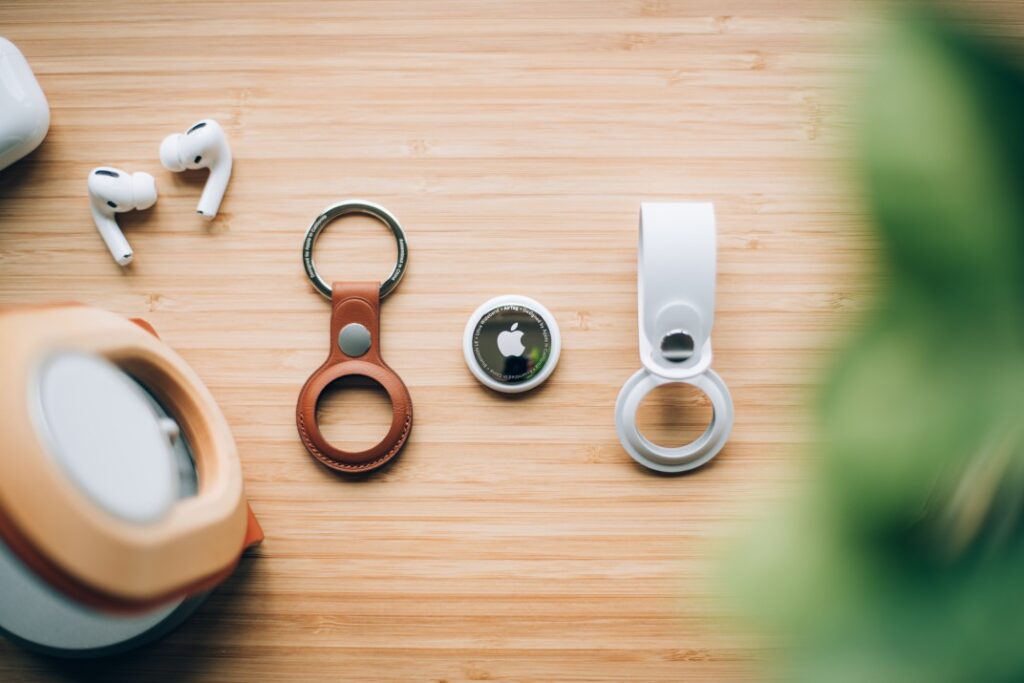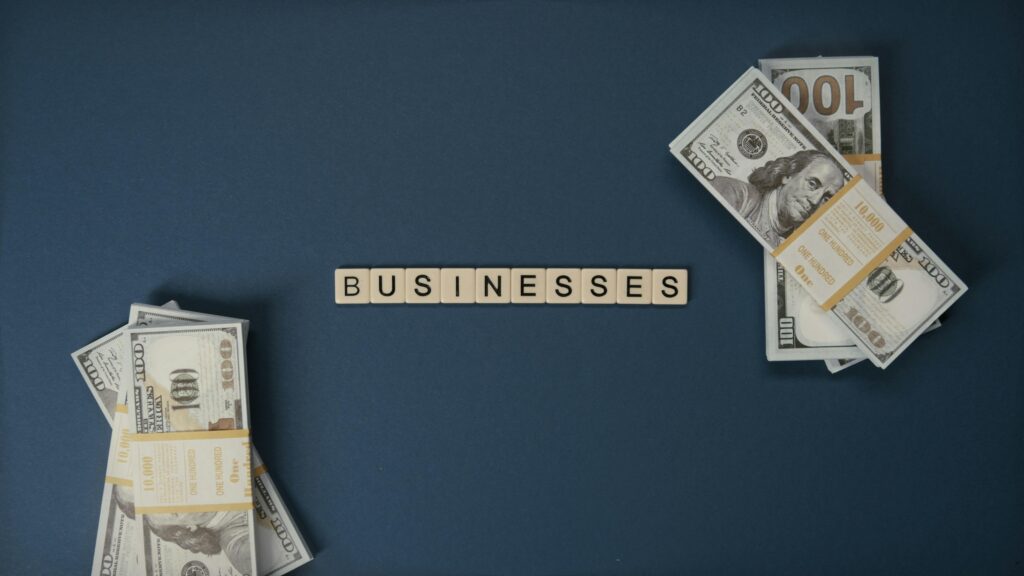Apple has announced the release of AirTag, a tiny electronic tracker that can be attached to keys, luggage, or anything else and then tracked down using Apple’s Find My system. It’s yet another useful product for Apple fans. The long-awaited announcement, however, is another indication of Apple’s anti-competitive conduct, according to Tile, the creator of a similar tracker.
In a Senate antitrust hearing, Tile’s general counsel, Kirsten Daru, testified alongside executives from Spotify, Match, Google, and Apple, urging Congress to investigate Apple further. The hearing took place as Apple has been accused of anti-competitive practices for requiring all iOS applications to be sold via Apple’s App Store, where Apple receives a fee on purchases.
The criticism of the latest AirTags, on the other hand, is more serious. Apple, according to Tile, is not only making hardware that is close to its own, but is also developing software that benefits Apple’s own products and disadvantages Tile’s.
Daru told senators on Wednesday, “Apple launched this application, and its competing app, with a lot of details about our market.” “They are aware of how our devices perform in shops. They are well-versed in our clientele. They are well aware of our subscription take-up rates. They are aware of the functionality that people use. I say, the list is endless.”
Tile CEO CJ Prober expressed this sentiment in a statement released shortly after Apple’s AirTag announcement on Tuesday. He said, “We welcome competition as long as it is fair competition.” “Unfortunately, we’re suspicious, considering Apple’s well-documented history of using its platform advantage to unfairly limit competition for its products.”
Apple AirTags, which will be available at the end of April, do just what Tile’s products have done for a long time: they keep track of items. Bluetooth technology is used by the latest trackers to locate these misplaced objects. The U1 chip, which uses ultra wideband technology for more precise object positioning, is also included in AirTags. This strategy — and even the trackers’ physical nature — is very close to what Tile has been doing for years. Tile uses Bluetooth to locate items, and the company is about to release trackers with ultra wideband capabilities (along with an augmented reality feature).
One significant difference between the new AirTags and Tile trackers is that Tile relies on Apple to keep its location-tracking tools running smoothly in the Apple App Store and iOS, while Tile does not rely on Apple to keep its location-tracking tools running smoothly in the Apple App Store and iOS. Tile has long claimed that Apple’s mobile operating system, iOS, and the Find My app were unfairly configured to support its own location-tracking tools. Tile did not respond to Recode’s request for comment before the hearing on Wednesday.
In a statement to Recode, Apple said, “Apple developed Find My over a decade ago to help users locate and manage missing devices in a private and safe way.” “We’ve always believed that competition is the best way to deliver better customer experiences, and we’ve worked hard to create an iOS ecosystem that allows third-party developers to thrive.”









